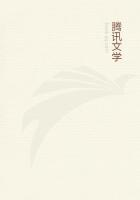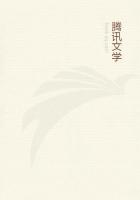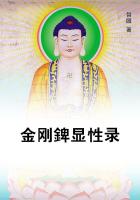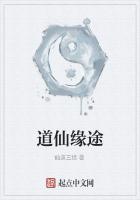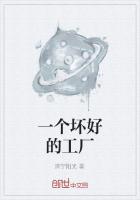This poisoning goes a great deal further than most people think: I find the arrogant habit of the theologian among all who regard themselves as "idealists"--among all who, by virtue of a higher point of departure, claim a right to rise above reality, and to look upon it with suspicion. . .
The idealist, like the ecclesiastic, carries all sorts of lofty concepts in his hand (--and not only in his hand!); he launches them with benevolent contempt against "understanding," "the senses," "honor," "good living,""science"; he sees such things as beneath him, as pernicious and seductive forces, on which "the soul" soars as a pure thing-in-itself--as if humility, chastity, poverty, in a word, holiness, had not already done much more damage to life than all imaginable horrors and vices. .
. The pure soul is a pure lie. . . So long as the priest, that professional denier, calumniator and poisoner of life, is accepted as a higher variety of man, there can be no answer to the question, What is truth? Truth has already been stood on its head when the obvious attorney of mere emptiness is mistaken for its representative. 9. Upon this theological instinct I make war: I find the tracks of it everywhere.
Whoever has theological blood in his veins is shifty and dishonourable in all things. The pathetic thing that grows out of this condition is called faith: in other words, closing one's eyes upon one's self once for all, to avoid suffering the sight of incurable falsehood. People erect a concept of morality, of virtue, of holiness upon this false view of all things; they ground good conscience upon faulty vision; they argue that no other sort of vision has value any more, once they have made theirs sacrosanct with the names of "God," "salvation" and "eternity."I unearth this theological instinct in all directions: it is the most widespread and the most subterranean form of falsehood to be found on earth.
Whatever a theologian regards as true must be false: there you have almost a criterion of truth. His profound instinct of self-preservation stands against truth ever coming into honour in any way, or even getting stated. Wherever the influence of theologians is felt there is a transvaluation of values, and the concepts "true" and "false" are forced to change places:
what ever is most damaging to life is there called "true," and whatever exalts it, intensifies it, approves it, justifies it and makes it triumphant is there called "false."... When theologians, working through the "consciences"of princes (or of peoples--), stretch out their hands for power, there is never any doubt as to the fundamental issue: the will to make an end, the nihilistic will exerts that power... 10. Among Germans I am immediately understood when I say that theological blood is the ruin of philosophy. The Protestant pastor is the grandfather of German philosophy; Protestantism itself is its peccatum originale. Definition of Protestantism: hemiplegic paralysis of Christianity--and of reason. ... One need only utter the words "Tubingen School" to get an understanding of what German philosophy is at bottom--a very artful form of theology. . . The Suabians are the best liars in Germany; they lie innocently.
. . . Why all the rejoicing over the appearance of Kant that went through the learned world of Germany, three-fourths of which is made up of the sons of preachers and teachers--why the German conviction still echoing, that with Kant came a change for the better? The theological instinct of German scholars made them see clearly just what had become possible again. . . . A backstairs leading to the old ideal stood open; the concept of the "true world," the concept of morality as the essence of the world (--the two most vicious errors that ever existed!), were once more, thanks to a subtle and wily scepticism, if not actually demonstrable, then at least no longer refutable ... Reason , the prerogative of reason, does not go so far. . . Out of reality there had been made "appearance";an absolutely false world, that of being, had been turned into reality.

